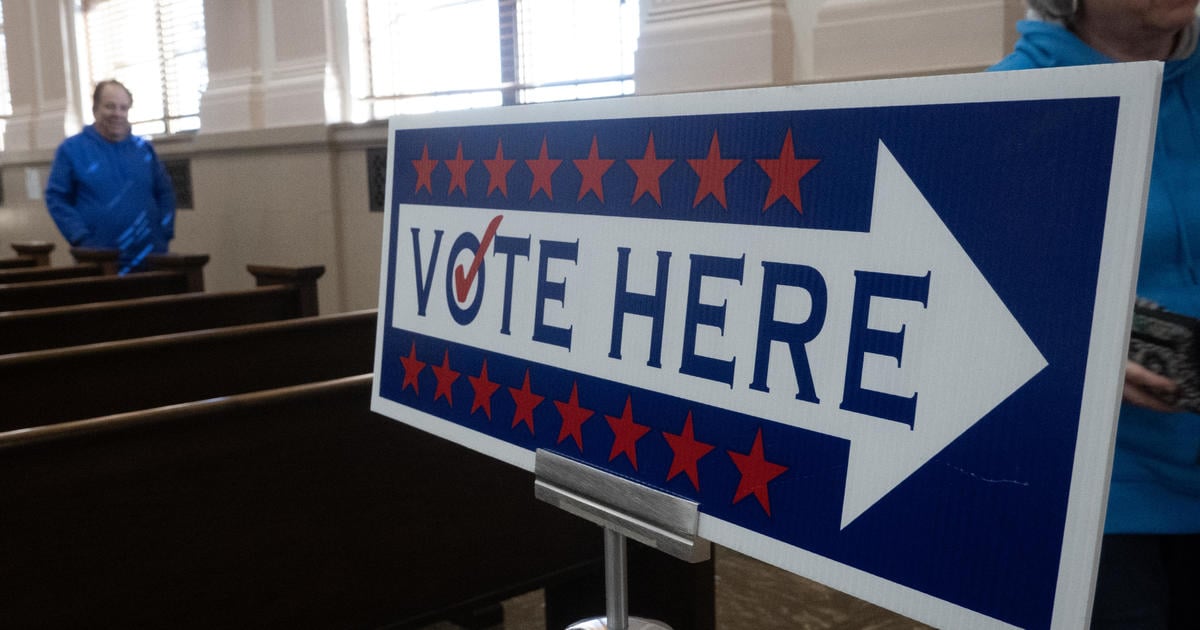Article III Section 1 of the Wisconsin Constitution currently reads, “Every United States citizen age 18 or older who is a resident of an election district in this state is a qualified elector of that district.”
After Tuesday’s vote, the article will now read, “Only a United States citizen age 18 or older who is a resident of an election district in this state is a qualified elector of that district.”
Doesn’t this change the meaning of the statement so much that it’s no longer true that every citizen of age who is a resident is eligible to vote? Can this new language be interpreted by courts and lawmakers such that anyone can be disenfranchised if such malicious laws can be passed in the state?



I don’t see how it would, but maybe I’m not seeing what you’re seeing. The eligibility of the people in the article did not change. “Only” vs “Every” still includes the same group of people.
What did change was the explicit exclusion of people outside of those qualifiers. This could potentially make challenging votes of “questionable” voters that much more impactful or difficult to defend against, and maybe make adjusting the existing qualifiers harder (the only one I can really think of is age), but that depends on WI’s amendment process, which I don’t know.
I think op is right. A new law that says you have to own real estate to vote would have been unconstitutional before and is not now.
Ah, ok. I see that now. That sucks.
That’s not the point. Don’t focus on the logical conditions, because they have not changed.
As far as I understand it, the important change is the missing “Every”.
Before, the “every” had made this a guaranteed right. Now that is gone, and only conditions are left.
The right to vote could be taken away from some people by creating further conditions in the future.